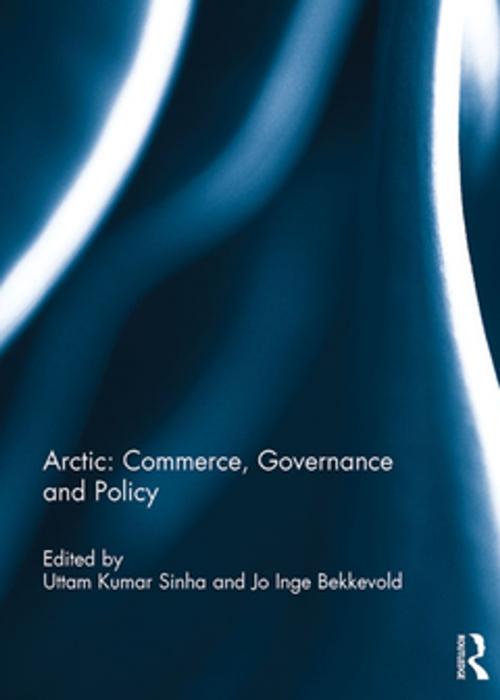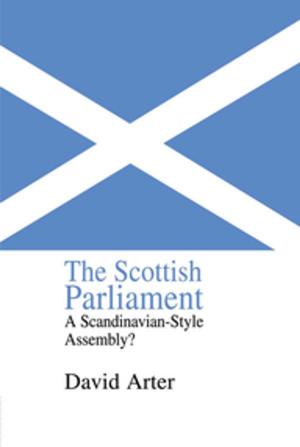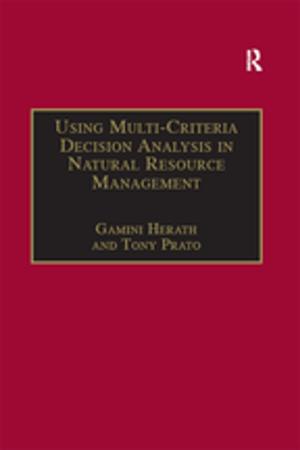| Author: | ISBN: | 9781317517504 | |
| Publisher: | Taylor and Francis | Publication: | October 2, 2017 |
| Imprint: | Routledge | Language: | English |
| Author: | |
| ISBN: | 9781317517504 |
| Publisher: | Taylor and Francis |
| Publication: | October 2, 2017 |
| Imprint: | Routledge |
| Language: | English |
In May 2013, China, India, Japan, Singapore and South Korea (Asia 5) were given status as permanent observers in the Arctic Council. It was a symbolic and significant moment in the history of Arctic affairs. The list of stakeholders in the Arctic has now expanded to include both the Arctic littoral states and the five Asian states. The drivers and policies of these stakeholders on the Arctic vary, but research on climate change, possible changes to the global energy and minerals markets, adherence to international norms like the UNCLOS, and geopolitical considerations are issues of concern.
This volume is based on the reviewed, revised and updated versions of papers presented at the roundtable on The Geopolitics of the Arctic: Commerce, Governance and Policy hosted by the Institute for Defense Studies and Analyses (IDSA) in New Delhi in September, 2013, in joint co-operation with the Fridtjof Nansen Institute (FNI), the Norwegian Institute for Defence Studies (IFS) and Peace Research Institute Oslo (PRIO).We hope that this book, with some compelling perspectives on a number of challenging issues, will help engage the policy community to identify and explore opportunities for international cooperation in the Arctic.
This book was originally published as a special issue of Strategic Analysis.
In May 2013, China, India, Japan, Singapore and South Korea (Asia 5) were given status as permanent observers in the Arctic Council. It was a symbolic and significant moment in the history of Arctic affairs. The list of stakeholders in the Arctic has now expanded to include both the Arctic littoral states and the five Asian states. The drivers and policies of these stakeholders on the Arctic vary, but research on climate change, possible changes to the global energy and minerals markets, adherence to international norms like the UNCLOS, and geopolitical considerations are issues of concern.
This volume is based on the reviewed, revised and updated versions of papers presented at the roundtable on The Geopolitics of the Arctic: Commerce, Governance and Policy hosted by the Institute for Defense Studies and Analyses (IDSA) in New Delhi in September, 2013, in joint co-operation with the Fridtjof Nansen Institute (FNI), the Norwegian Institute for Defence Studies (IFS) and Peace Research Institute Oslo (PRIO).We hope that this book, with some compelling perspectives on a number of challenging issues, will help engage the policy community to identify and explore opportunities for international cooperation in the Arctic.
This book was originally published as a special issue of Strategic Analysis.















